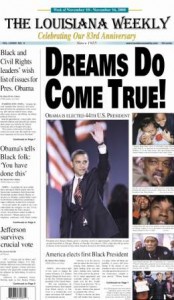GoodbiPad?
Posted on December 5, 2012 in GoodbiPadThroughout this semester, I have found and discovered a new side of the iPad. A side composed of interesting media apps, apps capable of annotations, and overall educational apps that have changed my view of the iPad. This semester I have been able to check my weekly news, my twitter updates, and my Facebook. I have been able to check political facts on hand, watch The Colbert Report in bed, and read an in-depth analysis of the Notre Dame vs. Oklahoma game just by the touching two buttons. This semester has not only given me a new understanding of what the iPad is capable of, but a new wave or curiosity of what is can be capable of the future.
Because of the fact that I will not be giving up my iPad at the end of this semester, I am excited for my future with the iPad. Before this class, my iPad was usually stowed away, under my bed, next to my shoe box. But after this class, my iPad is usually smushed in my back pack, next to the multitude a books that usually feels like ton of bricks. I do not carry around the iPad because I want an extra workout with more weight in my backpack, but because I feel as if it is truly useful. As of a couple months ago, a lot of my articles for classes are on my iPad as well as useful internet search engines that allow for a more direct and filtered search of specific information. Overall, this class had opened by eyes to how the iPad can help me in school work and life. It has opened my eyes to what technology can do to make life easier and how devices such as the iPad have the capability to place many helpful resource in one place, in one tablet.
So as the class says Goodbye to the iPads, I say hello. Hello to a new understanding of how this device can help me in school and most importantly life.







